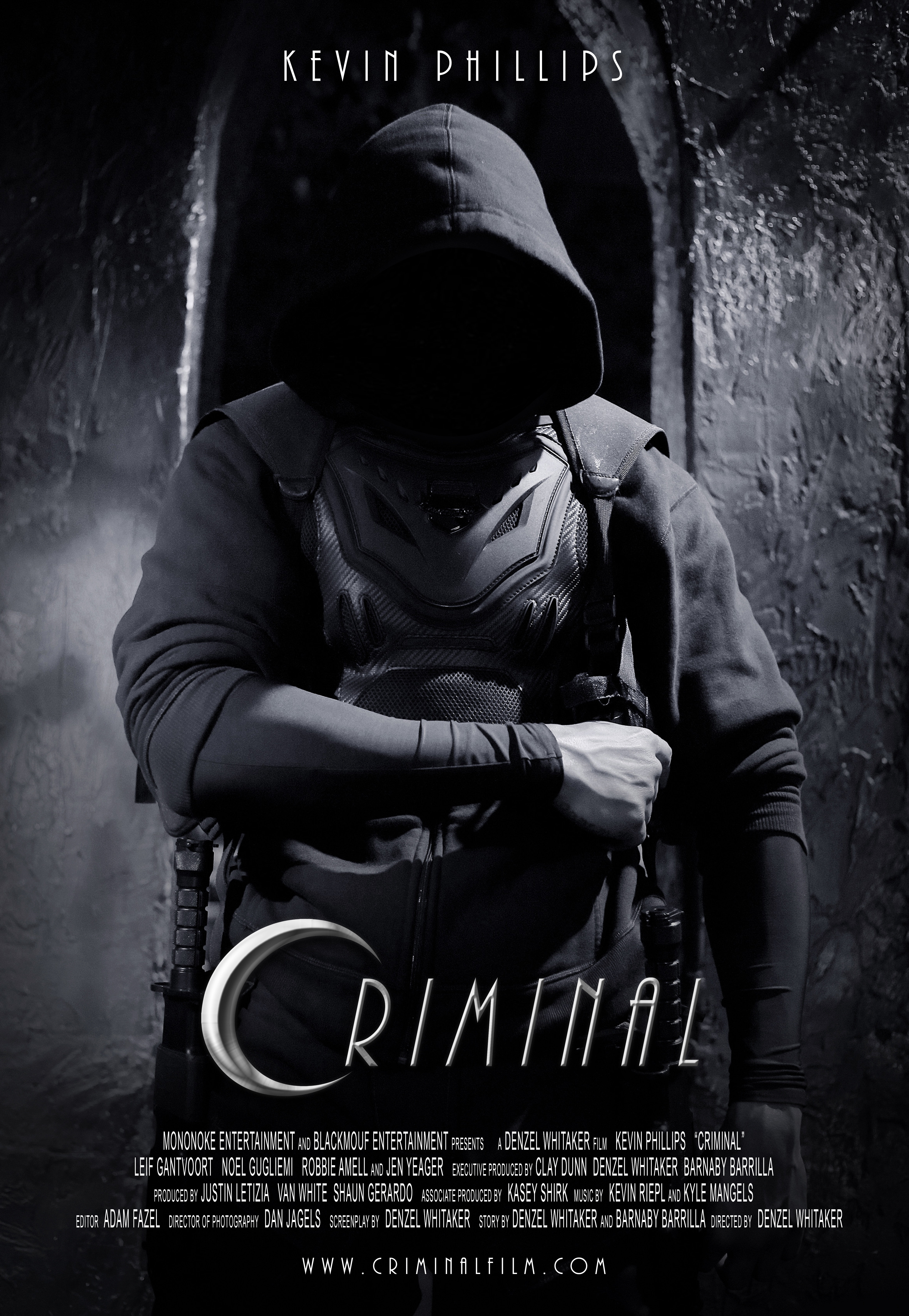Have you ever wondered what truly makes someone a "criminal"? It's a question that, you know, pops up quite a bit when we think about stories involving the human mind and its darker sides. When we hear a name like "Teresa" mentioned in the context of "criminal minds," it really makes you pause and consider what that might mean. This kind of thought process, honestly, takes us into some pretty interesting territory, exploring what it means to be someone who breaks the rules of society.
Thinking about a character or person like "Teresa" within the framework of "criminal minds" gets us wondering about the very nature of actions that go against what is generally accepted. We might find ourselves pondering the definitions of wrongdoing and how certain behaviors come to be labeled as such. It's a bit like peeling back the layers of an onion, trying to get to the core of what drives individuals to step outside the lines drawn by laws and communal expectations. There's so much to think about here, isn't there?
Our journey into this topic, you see, will explore the basic definitions of what it means to be a "criminal," drawing from everyday ways we use the term. We will also touch upon how such actions might be viewed, and even glance at the financial aspects tied to the concept of "criminal" through a specific example. It’s all about getting a clearer picture of what the idea of a "criminal mind," perhaps one belonging to someone named "Teresa," truly represents in the broader scheme of things.
- Purple Shampoo On Grey Hair Before And After
- Hummingbird Tree
- The Comman Man
- When Does New Season Of Rhoa Start
- Meaning Of The Name Zaya
Table of Contents
- What Does It Mean To Be a Criminal?
- How Do We Talk About Actions That Break Rules?
- The Money Aspect of Unlawful Deeds - A Look at the Movie "Criminal"
- Is "Criminal Minds Teresa" Acting in a Way That Is Morally Wrong?
- Making Sense of Truly Unacceptable Behavior
- The Human Connection to the Rules We Live By
- How Does Someone Become a "Criminal Minds Teresa"?
- What Are the Characteristics of a "Criminal Minds Teresa"?
What Does It Mean To Be a Criminal?
When we talk about someone being a "criminal," what exactly are we getting at? It's a description that, in some respects, means a person's actions are connected to, involve, or actually are a crime. This isn't just a casual way of speaking; it points to a very specific kind of behavior that has certain consequences. Think about it: if someone does something that society has decided is against the rules, that's where this word comes into play. It’s more or less about actions that step over a defined boundary.
The Legal Side of Wrongdoing
From a legal standpoint, someone is considered a criminal if they go against the established rules. This could be anything from taking something that doesn't belong to them, to doing something that causes great harm to another person. The word "criminal," in this sense, is pretty much a label given by the justice system when someone is found to have broken a rule set down by the government. It’s a very clear-cut way of putting it, you know, when someone crosses that line.
Is "Criminal Minds Teresa" a Lawbreaker?
If we were to consider a hypothetical "Criminal Minds Teresa," the core question would be whether her actions fit this definition of breaking the law. For someone to be considered a lawbreaker, they must have committed an act that is forbidden by society's rules. This could involve, say, taking something that isn't theirs, causing harm to another, or even avoiding paying what is due to the community. The simple truth is that if a "Teresa" from "Criminal Minds" does any of these things, then she would, by definition, be someone who has broken the law. It's a rather straightforward way of looking at things, actually.
- How To Use Face Slimming Tool
- Titus Craig
- Payton Koch Naked
- Dr Now Savage Moments
- New Season Of Alaskan Bush People
How Do We Talk About Actions That Break Rules?
We use the word "criminal" in a lot of different ways in our everyday conversations, don't we? It's not just for courtrooms or police reports. We might say a situation is "criminal" if it seems really unfair or wrong, even if no actual laws were broken. But its main use, of course, centers on acts that are indeed against the law. It’s about understanding the different shades of meaning this powerful word carries when we use it to describe behaviors or situations. People, you know, use it quite a bit to express strong disapproval.
Using the Word "Criminal" in Everyday Talk
When we use the word "criminal" in daily conversation, we are often talking about someone who has done something truly wrong, something that goes against the rules. For instance, if you're talking about someone who has taken a life, or perhaps someone who has stolen from others, or even someone who has avoided their tax obligations, you would typically describe that person as a criminal. It's a straightforward way to identify an individual who has committed a forbidden act. So, in other words, it's about actions that society has collectively decided are unacceptable and carry penalties.
The Money Aspect of Unlawful Deeds - A Look at the Movie "Criminal"
Sometimes, when we talk about the idea of a "criminal," it's not just about the person or the act itself, but also about the larger financial picture that can sometimes surround these events. Take, for example, the movie titled "Criminal." This film, you see, generated quite a bit of money, bringing in around $14.7 million just within the United States and Canada. Then, when you add in the money it made from other parts of the world, which was about $24.1 million, the total worldwide earnings came out to be roughly $38.8 million. This happened against a production cost of about $31.5 million. It's a pretty interesting way to look at how much money can be involved, even if it's just in a fictional story about crime.
What Can We Learn from the Film's Earnings?
Looking at the money a film like "Criminal" makes can, in a way, show us how much public interest there is in stories about wrongdoing. The fact that it brought in millions of dollars suggests that people are, you know, quite fascinated by the subject of those who break the rules. It also highlights the significant financial dealings that can be associated with anything related to crime, whether it's a fictional story or, perhaps, the actual costs and gains tied to real-world forbidden acts. This financial data, honestly, gives us a different angle to think about the broader concept of what it means to be a "criminal" and the attention it draws.
Is "Criminal Minds Teresa" Acting in a Way That Is Morally Wrong?
Beyond the legal definitions, there's also the question of whether someone like a "Criminal Minds Teresa" is acting in a way that is considered truly bad or morally incorrect. This goes beyond simply breaking a written rule; it touches upon our shared sense of right and wrong. If a person's actions cause harm, deceit, or betray trust in a way that feels fundamentally unjust, then we might describe those actions as being very wrong, even if they don't always lead to a formal charge. It's a deeper way of judging behavior, you know, based on our collective sense of what's good and what's not.
Making Sense of Truly Unacceptable Behavior
When we say something is "very bad or morally wrong," we are usually talking about actions that cause significant distress or harm to others, or that go against our basic principles of fairness and decency. This kind of behavior is often seen as deeply disturbing and unacceptable by most people. It's about actions that violate a fundamental sense of what is good and proper in human interactions. For instance, causing deliberate pain or tricking someone for personal gain would fit this description. It's a rather strong way to put it, but it certainly conveys the severity of the act.
The Human Connection to the Rules We Live By
The rules we live by, the ones that define what a "criminal" is, are really just reflections of what a society values and wants to protect. These rules are put in place to help people live together without too much trouble, ensuring a certain level of fairness and safety for everyone. So, when someone acts in a way that is "of the nature of or involving crime," they are essentially going against these shared agreements. It's like, you know, breaking a promise to the whole community. This idea helps us see why these definitions exist in the first place.
How Does Someone Become a "Criminal Minds Teresa"?
Thinking about how a person might become a "Criminal Minds Teresa" leads us to ponder the path that someone takes to be labeled as a lawbreaker. It's not usually a single event, but often a series of choices or circumstances that lead to actions that go against the rules. For instance, someone might commit a crime if they are a murderer, a thief, or someone who avoids paying their taxes. These are all examples of people who have, in effect, chosen to break the law. So, in that way, becoming a "Criminal Minds Teresa" means engaging in acts that fit these descriptions, which is a fairly clear path.
What Are the Characteristics of a "Criminal Minds Teresa"?
When we consider the characteristics that might define a "Criminal Minds Teresa," we are essentially looking at the traits associated with someone who commits forbidden acts. Such an individual is, by definition, someone who breaks the rules of society. This means their actions are tied to, involve, or are indeed a crime. For example, if a "Teresa" were to engage in acts of violence or deceit, those actions would make her a person who commits crimes. So, the characteristics are really about the behaviors themselves: the acts of taking what isn't theirs, causing harm, or otherwise going against the established rules. It's pretty much about the choices made, you know, that put someone in that category.
Final Summary: This exploration has taken us through the basic ideas of what it means to be a "criminal," drawing from definitions that describe actions relating to, involving, or being a crime. We've considered how the word is used in both legal and everyday contexts, and even looked at the financial aspects tied to the concept through the example of a movie. The discussion has also touched upon the moral dimensions of wrongdoing, prompting us to think about how individuals, like a hypothetical "Criminal Minds Teresa," might fit into these descriptions of law-breaking and morally questionable behavior. It's been about unpacking the core meaning of what it means to be someone who goes against the rules set by society.


